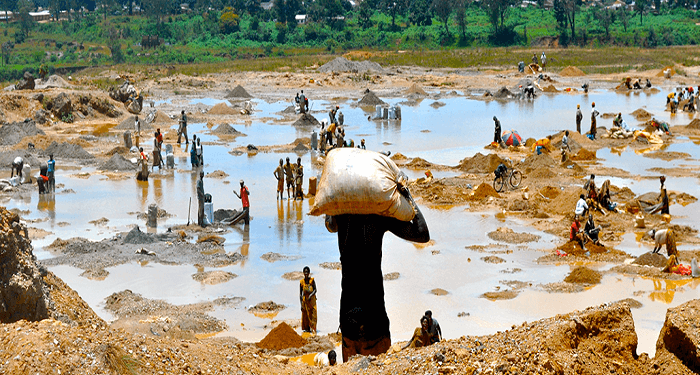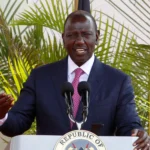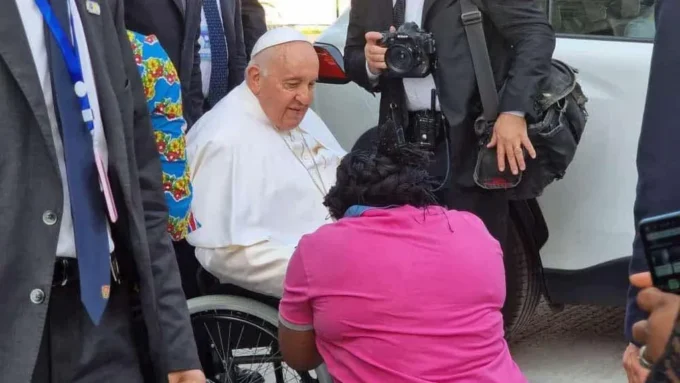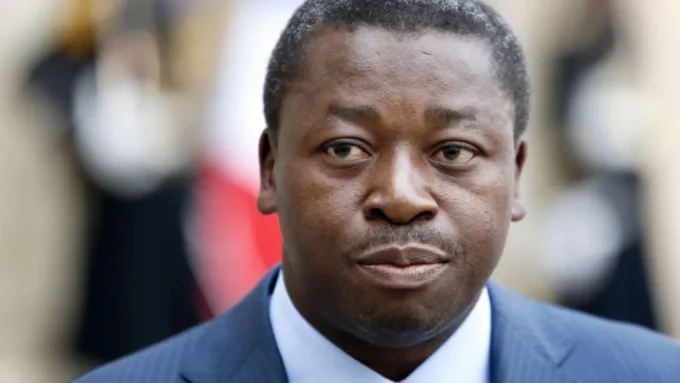The Democratic Republic of Congo (DRC) has announced a stringent crackdown on companies sourcing minerals from its conflict-ridden eastern region, where illegal mining and smuggling are fueling one of the world’s most dire humanitarian crises. The government has already raised concerns with major global corporations, including Apple Inc., cautioning them about the potential link between their supply chains and conflict minerals that are illegally extracted and smuggled through neighboring countries like Rwanda.
Eastern Congo, home to vast mineral wealth, has been at the heart of regional conflict for nearly three decades. The region is the world’s largest producer of tantalum, a critical mineral used in portable electronics, which has made it a lucrative but dangerous resource. The profits from mineral smuggling are not only depriving Congo of billions of dollars in revenue but also prolonging violence and instability as armed militias vie for control of mineral-rich areas.
Foreign Minister Therese Kayikwamba Wagner emphasized that the government is intensifying its investigation into companies that may be involved in the trade of conflict minerals. Although Apple Inc. has been a focal point of these investigations, Wagner confirmed that other corporations are also being scrutinized. “The smuggling of minerals from eastern provinces is costing the country billions, and we are committed to holding accountable all entities tied to this trade,” she said, without naming additional companies under investigation.
This is not the first time Apple has faced scrutiny over its mineral sourcing practices. In 2016, the tech giant launched an extensive audit of its supply chains to ensure compliance with international regulations prohibiting the use of minerals linked to violent armed groups. Despite these efforts, concerns persist about the infiltration of conflict minerals into global markets through complex and often opaque supply chains.
The DRC government’s warning to Apple in April underscored these concerns. Officials highlighted the risk that minerals such as tin, tantalum, and gold, which are essential components in electronic devices, could be tied to violence in the eastern provinces and smuggled through Rwanda. Apple has responded to similar allegations in the past by strengthening oversight of its suppliers, but the ongoing conflict in eastern Congo makes it difficult to guarantee a completely conflict-free supply chain.
The DRC’s eastern region has long been embroiled in conflict, much of which can be traced back to the aftermath of the Rwandan genocide in 1994. Militia groups, including the notorious M23 rebel faction, have exploited the region’s mineral wealth to fund their operations. Earlier this year, M23 seized control of Rubaya, the country’s largest tantalum mine, significantly escalating tensions in the region. The Congolese government, alongside the United States and United Nations experts, has accused Rwanda of backing the M23 rebels by sending troops to support their military campaigns—claims that Kigali continues to deny.
The involvement of international actors and neighboring countries in Congo’s mineral trade adds a layer of complexity to efforts aimed at curbing the illicit mineral trade. While Rwanda denies any involvement in supporting the M23, the persistent conflict and smuggling of minerals across borders make it difficult to hold any single entity accountable. The government’s current strategy, therefore, aims to address not only the local actors fueling violence but also the multinational corporations that benefit from Congo’s mineral wealth.
To strengthen oversight and prevent further smuggling, the DRC has called for greater transparency in the global supply chain and more stringent enforcement of regulations designed to curb the trade of conflict minerals. Foreign Minister Wagner expressed optimism that the current investigations would lead to substantial reforms, ensuring that Congo’s natural resources contribute to national development rather than perpetuating cycles of violence.
The crackdown is part of a broader effort by President Félix Tshisekedi’s administration to bring stability to eastern Congo and ensure that the country’s vast mineral wealth is harnessed for the benefit of its people. However, with over 100 armed groups operating in the region, the path to peace and economic prosperity remains fraught with challenges.
For the DRC, tackling the illegal mineral trade and addressing the root causes of conflict in the east are critical to unlocking the country’s potential as one of Africa’s most resource-rich nations. The success of these efforts will depend not only on local governance but also on the willingness of global corporations to take responsibility for the impact of their supply chains.














Leave a comment